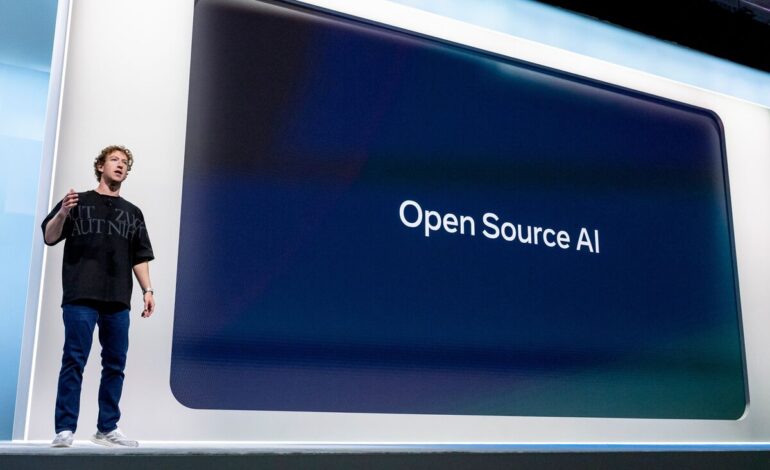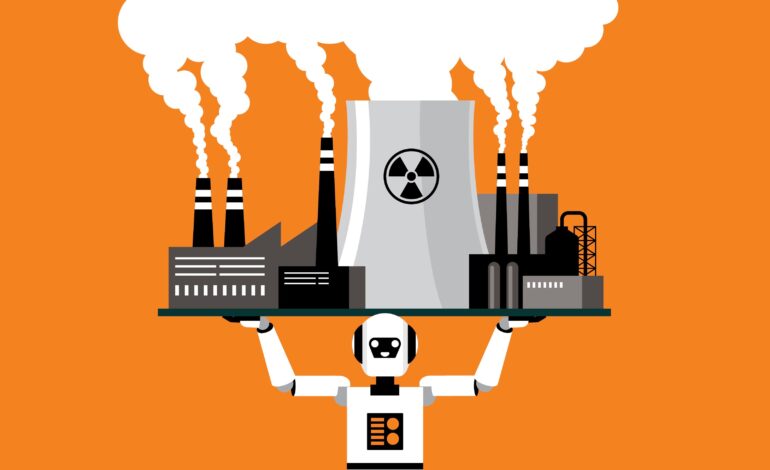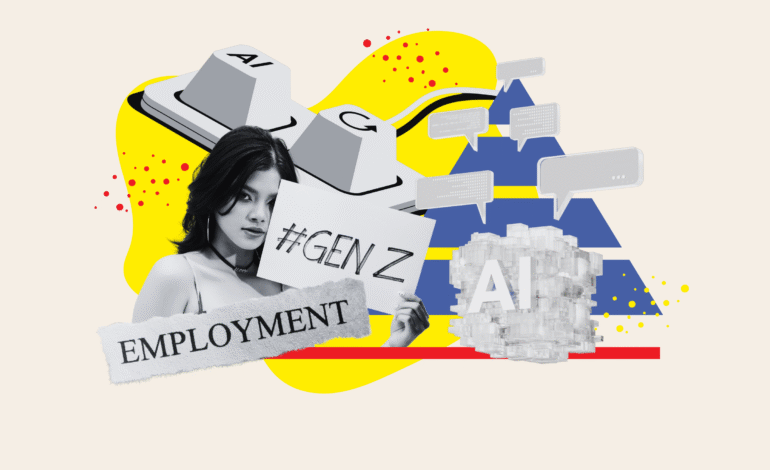
Meta Faces Rising Costs Amid AI Talent Recruitment Challenges
Meta’s ambitious push into artificial intelligence is stirring skepticism, leading to increased costs in attracting top talent. The company’s investments in AI are met with doubt, exacerbating recruitment difficulties and pushing up hiring expenses.
Meta’s Ambitious AI Endeavors
Meta has been aggressively pursuing advancements in artificial intelligence, positioning itself at the forefront of technological innovation. The company aims to revolutionize digital interaction, employing AI to enhance user experiences across its platforms. However, this ambitious push is not without its challenges. Experts and industry insiders express skepticism regarding the feasibility and timelines of Meta’s AI projects, raising concerns about the company’s ability to stay ahead in the competitive landscape. Such skepticism contributes to the growing difficulty in recruiting AI talent, as qualified professionals weigh the potential risks and benefits of joining Meta amidst uncertain circumstances.
Skepticism and Its Impacts on Talent Acquisition
The skepticism surrounding Meta’s AI initiatives presents significant hurdles in talent acquisition. Industry experts question the viability of Meta’s AI strategies, partly due to its previous challenges in delivering on ambitious projects. This apprehension extends to potential hires who may be hesitant to join a company under scrutiny, despite its significant resources and market position. As a result, Meta is compelled to offer lucrative packages and incentives to lure top-tier AI professionals. This increased competition for talent is driving up recruitment costs, as Meta must now compete more aggressively with tech giants and emerging startups alike.
Strategies for Overcoming Recruitment Challenges
In response to the rising costs and recruitment challenges, Meta is adopting several strategies to attract and retain AI talent. The company is enhancing its brand narrative, emphasizing innovation and potential growth within AI sectors. It is also investing in educational initiatives and training programs to build a robust talent pipeline. Furthermore, Meta is focusing on creating an inclusive and supportive workplace culture to retain existing talent and reduce turnover. These efforts aim to mitigate the skepticism and rebuild confidence among potential recruits, positioning Meta as a desirable employer committed to leading the AI revolution.
Conclusion
Meta’s journey into AI is met with challenges and skepticism, complicating talent recruitment efforts. Rising recruitment costs reflect the growing competition for AI experts. By investing in culture and training, and presenting a compelling vision, Meta seeks to attract top talent and reaffirm its status as a leader in AI innovation.





